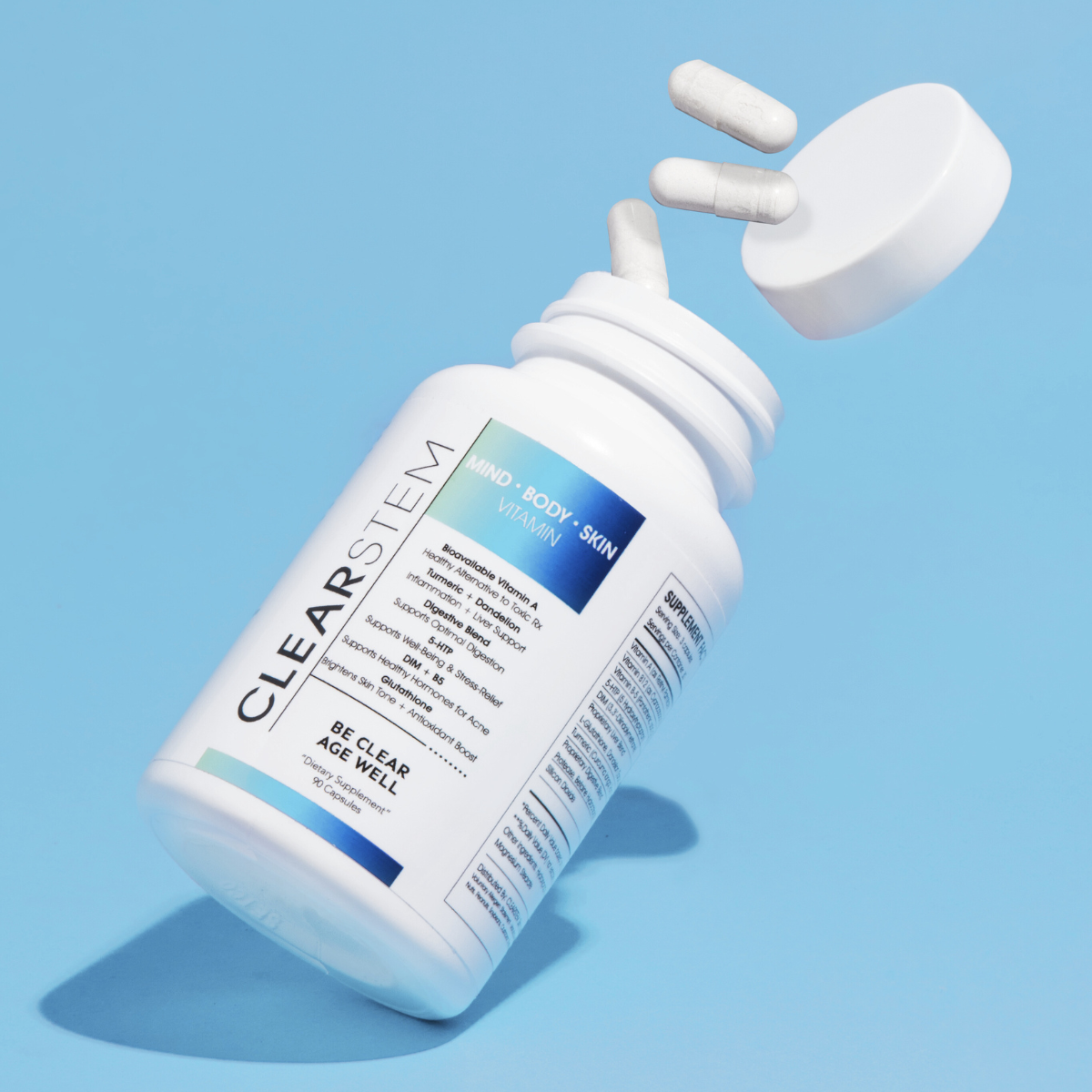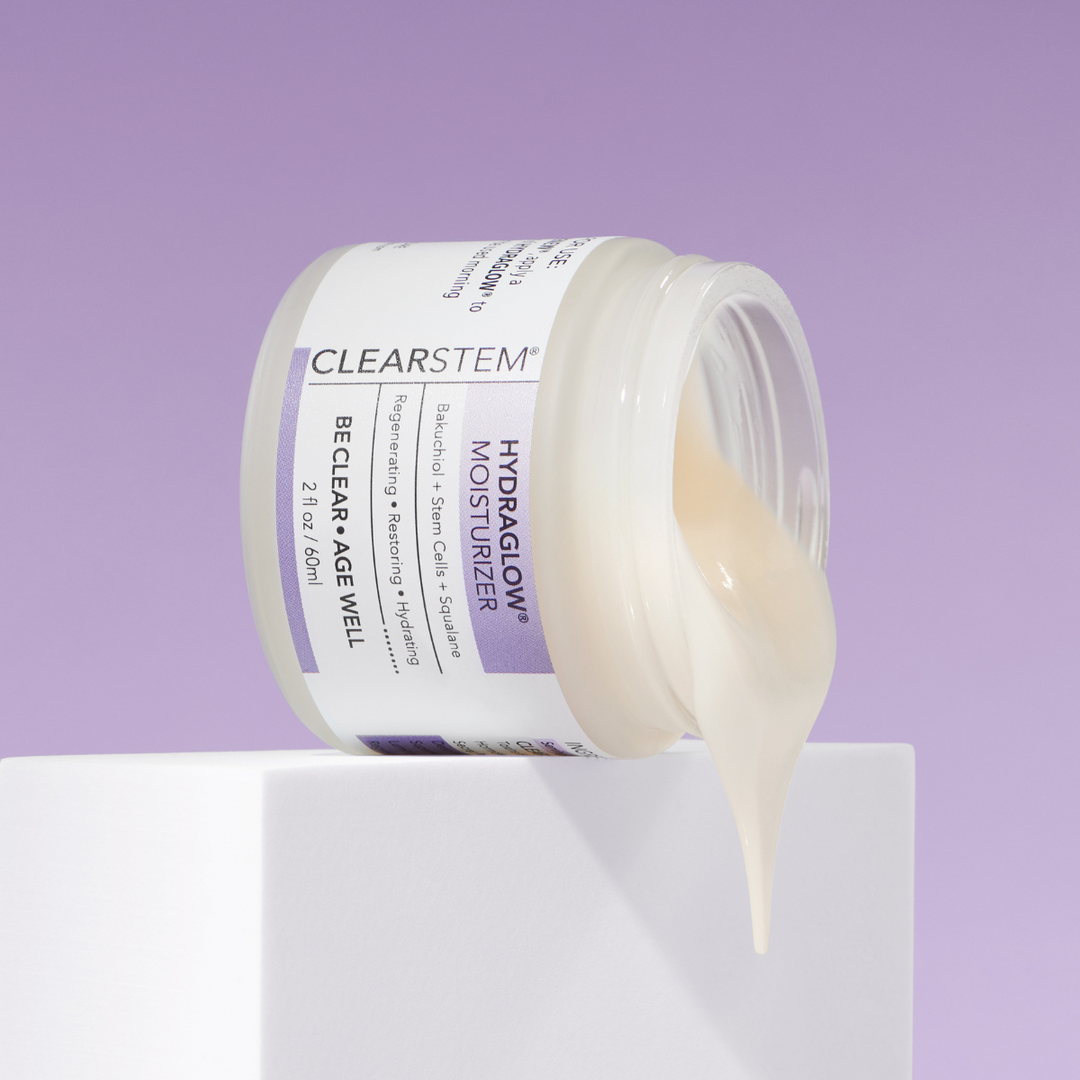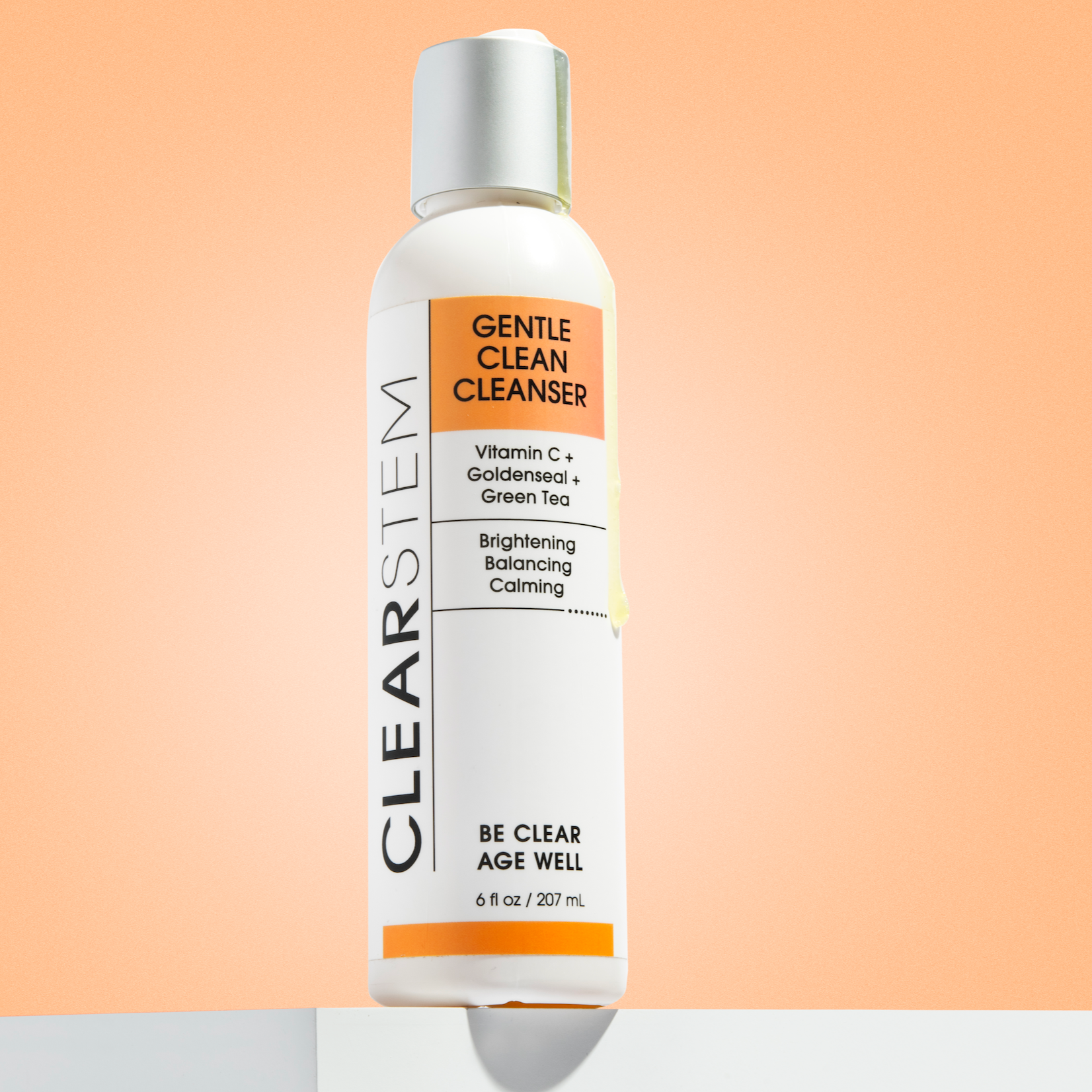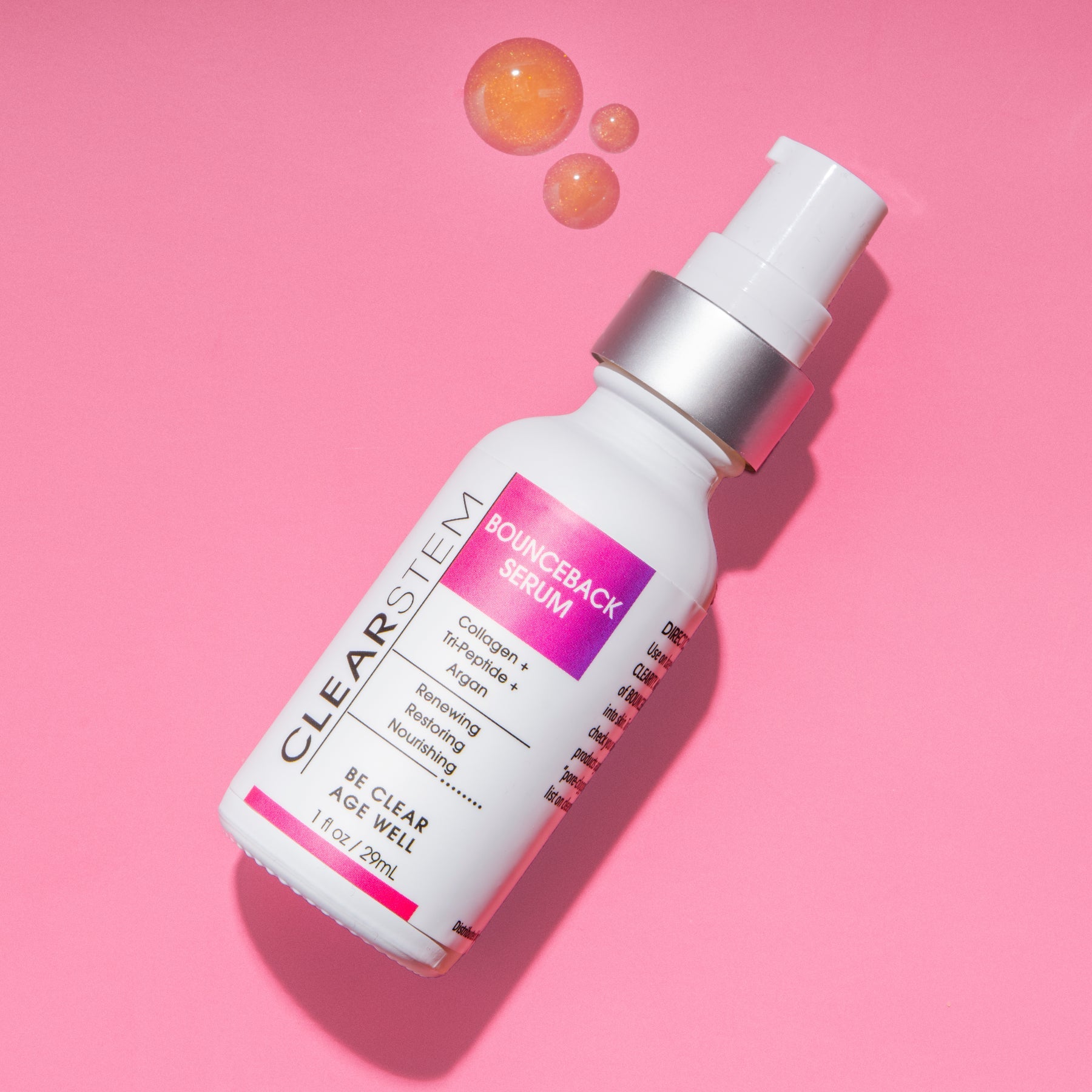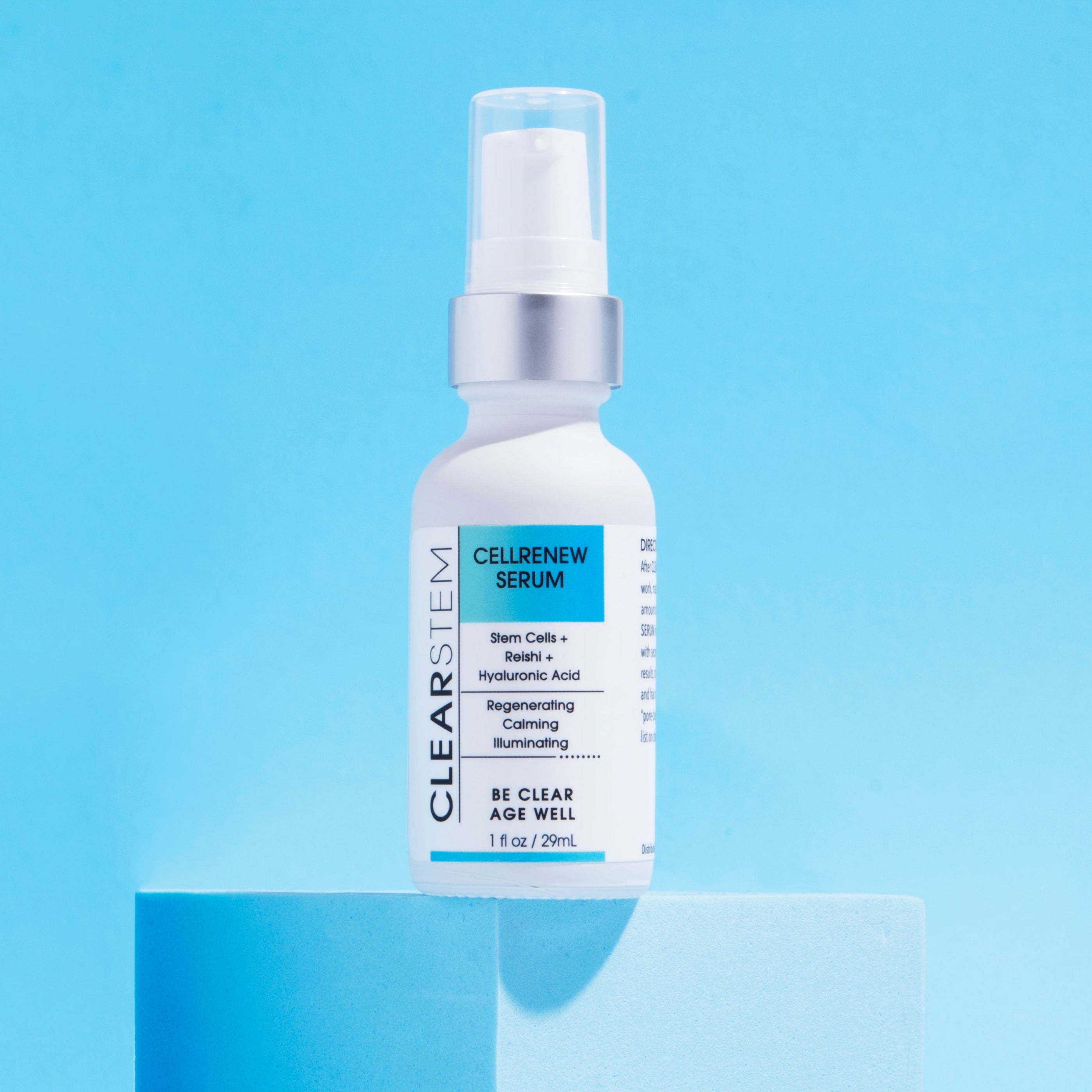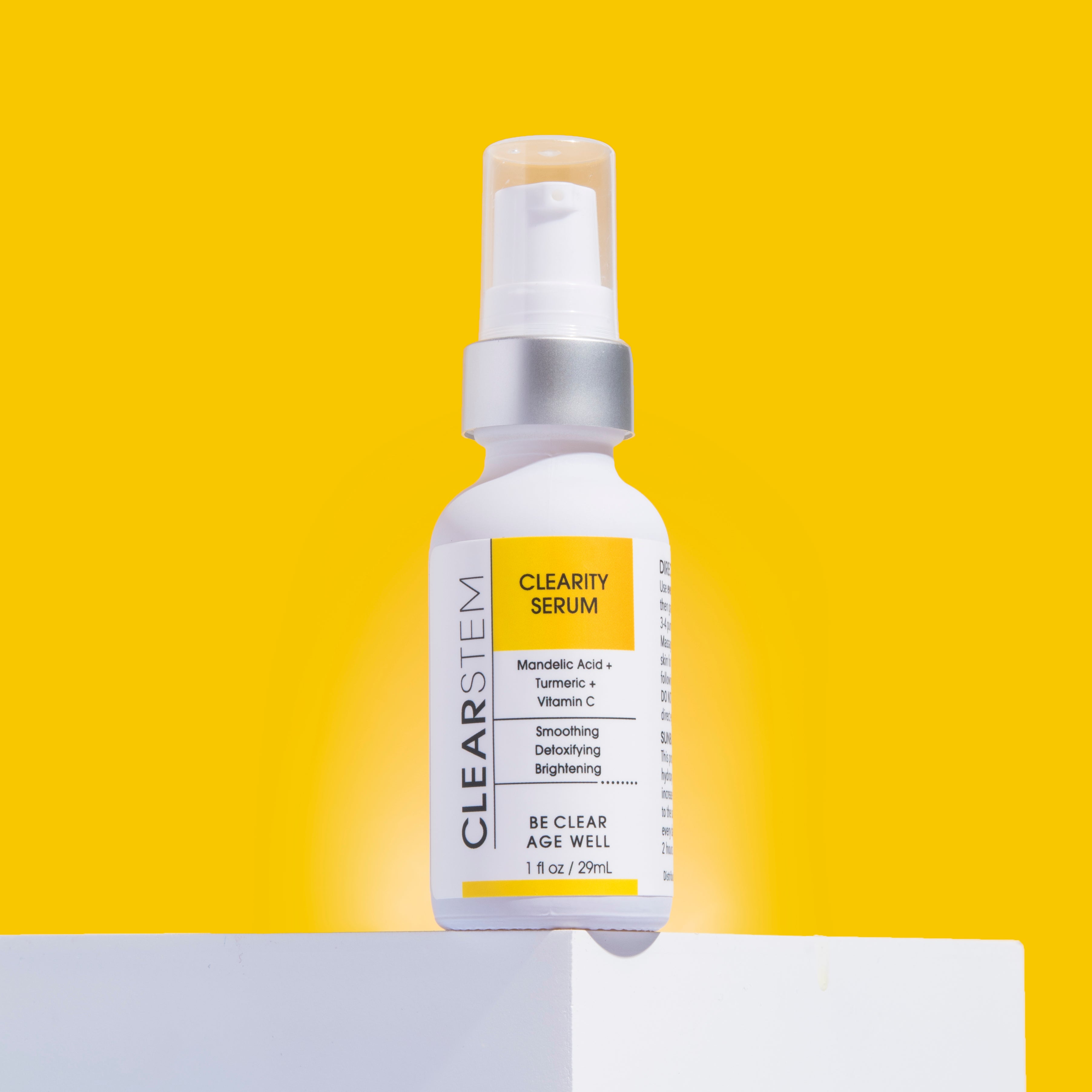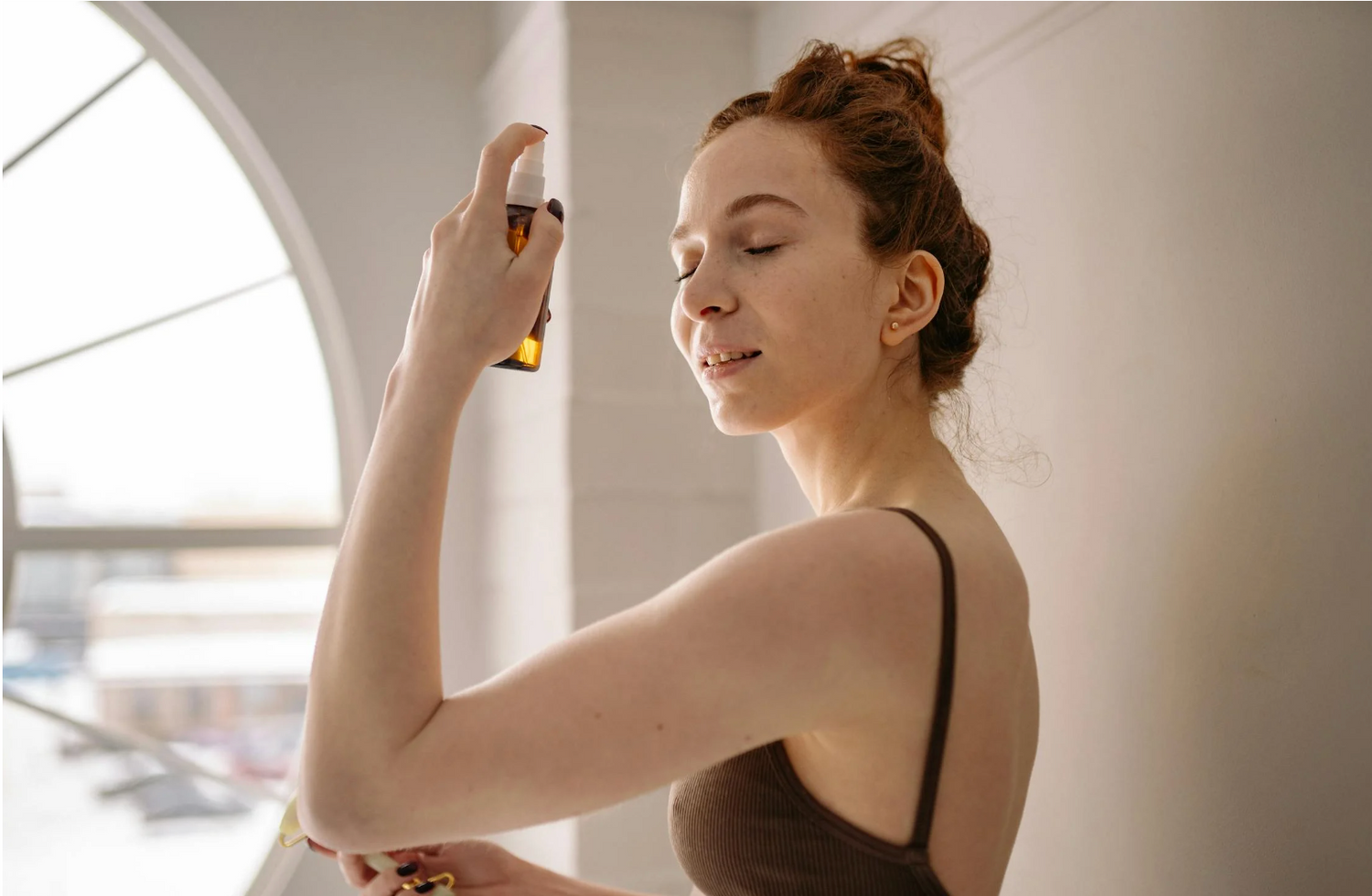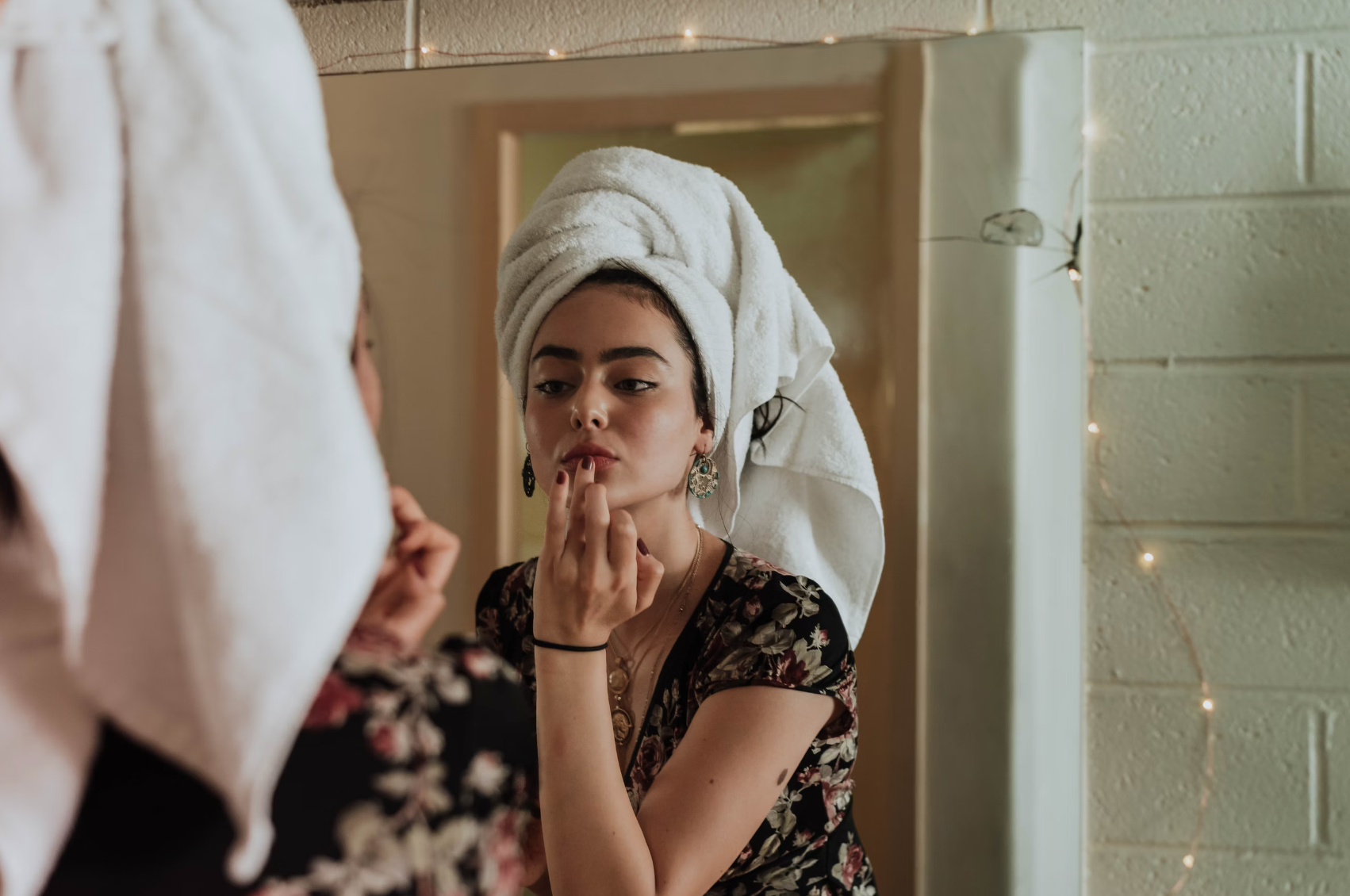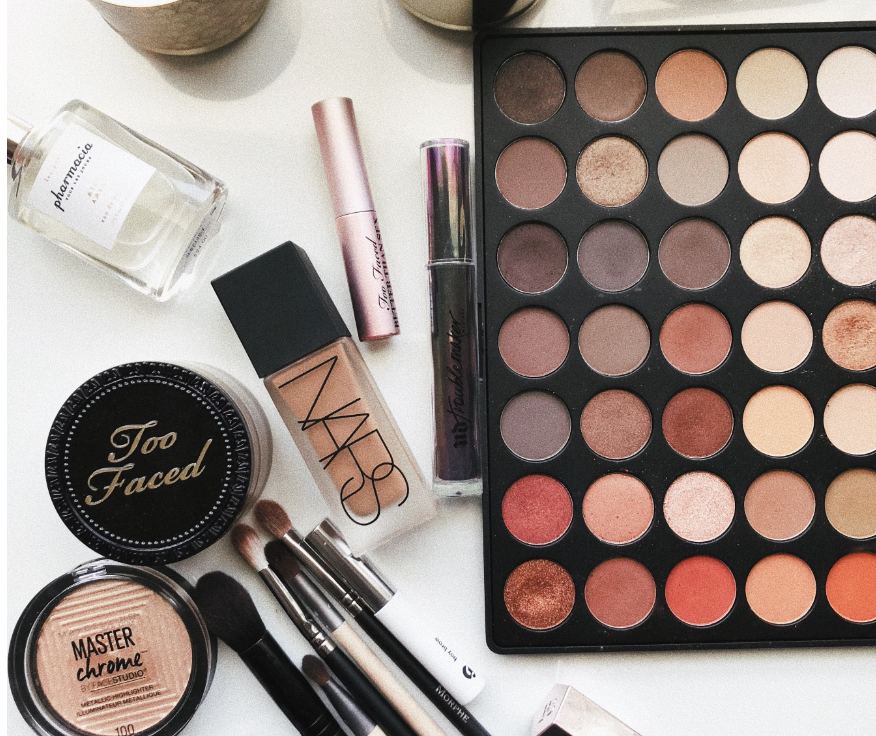It’s always important to know what you’re putting on your face to support healthy skin. Sometimes, diving into key ingredients in skincare products can give you more insight into what you need to keep your skin looking and feeling its best.
Hypochlorous acid has been popping up on social media as a recent skincare trend. And while you shouldn’t believe everything you see about skincare online, this ingredient has a bacteria-fighting, inflammation-reducing, wound-healing pedigree that can’t be denied and deserves closer inspection.
Grab your lab coat and get ready to explore the ins and outs of hypochlorous acid and how it may be the perfect addition to your acne-fighting toolkit.
What is Hypochlorous Acid (HOC1) and What Is it Used for?
Hypochlorous acid (HOC1) is a naturally occurring antimicrobial acid found throughout the human body. It’s part of the body’s immune response, attacking nasty pathogens by breaking down cell walls and eliminating harmful bacteria before they take hold.
Scientists recognized hypochlorous acid’s disinfecting powers and devised ways to synthesize it. Today, it is an ingredient in many cleaning products, from everyday household cleaning sprays to the chlorine in swimming pools. Most recently, hypochlorous acid became well-known as a disinfectant used against COVID-19.
The Link Between Hypochlorous Acid and Acne
In addition to keeping surfaces and public pools clean and free of harmful bacteria, studies have found that hypochlorous acid may work well as a topical treatment for skin conditions such as eczema and psoriasis because of its anti-inflammatory, bacteria-killing, and wound-healing properties.
It’s still a little early to say how effective HOCL products may be on acne, as it hasn’t been extensively studied in that context. However, researchers and dermatologists see some positive indicators that hypochlorous acid could help people with acne and similar skin conditions.
Benefits of Hypochlorous Acid for Acne-Prone Skin
With all of its positive properties, hypochlorous acid is on its way to becoming another tool in your skincare arsenal for treating acne. Here are four ways hypochlorous acid could help either minimize acne or help you recover from acne flare-ups faster.
Benefit 1: Kill Acne-Causing Bacteria
There are a couple of different causes of acne. Genetics can play a big role. Hormonal imbalances can cause acne as well(we have a supplement for that).
Another common cause of acne is a microbe called C. acnes. It clogs and irritates your pores, causing breakouts and pimples. Because of hypochlorous acid’s sanitizing properties, it’s thought that using it as a topical ointment can help eradicate nasty germs that could harm the microbiome of your skin barrier.
Benefit 2: Support the Healing of Acne Lesions and Scars
Though totally natural, acne is one of those body things we wish just, well, wasn’t a thing. Between the unsightly pimples, the red, inflamed skin, the dark spots (sometimes called melasma), and the acne scarring, it can do quite a number on your self-esteem.
More than impacting your self-image, acne has a way of perpetuating itself. In essence, acne is like a bunch of tiny wounds on your skin, which leaves your dermal layer open to bacteria and pore-clogging ingredients in skincare products like moisturizers and makeup. Hypochlorous acid is an active ingredient in healing sprays used to help with wound care in medical settings today. In theory, hypochlorous acid could be used to heal acne lesions.
As for the scars acne can leave behind? There’s great news on that front, too: medical professionals have also used a HOCL solution to shrink scar tissue, even raised scars. That means HOCL products may be able to treat acne scars as well.
Benefit 3: Relieve Itching
Acne isn’t just unsightly. It can also be quite irritating and can cause itching or skin irritation. Scratching at acne is problematic because the more you rough up your skin, the more irritated it gets and the more susceptible it becomes to acne-causing germs.
Hypochlorous acid is currently used in topical ointments to relieve itchiness caused by certain rashes. It’s deduced that this property could translate to acne care, relieving discomfort and keeping your hands away from your breakout.
Benefit 4: Gentle to Use
Sensitive skin can make finding the right skincare products challenging at best and agonizing at worst. Because hypochlorous acid naturally occurs in the body already, dermatologists think it could be gentle enough for those with sensitive skin to use.
How to Incorporate Hypochlorous Acid into Your Skincare Routine
You can incorporate hypochlorous acid into your skin care regimen in a few ways:
- As a facial sanitizer, especially after working out or if you wear masks regularly
- As a cleanser, especially for sensitive skin
Most hypochlorous acid skincare products are formulated as sprays, though it is sometimes an active ingredient in creams and serums.
Potential Side Effects and Considerations
Even products designed for sensitive skin can irritate, so it’s best to take it nice and slow when incorporating a product like hypochlorous into your skincare routine. Watch out for increased itchiness, redness at the application area, or your skin dryness.
The potential of hypochlorous acid to help minimize acne and assist in recovery from breakouts is a huge step forward in skincare. Creating over-the-counter hypochlorous acid products could help ease the discomfort (both physical and emotional) that acne causes.
Feel Confident In Your Skin with CLEARSTEM
Feel comfortable and confident in your skin with CLEARSTEM—with ingredients you can feel confident in, too.
CLEARSTEM is formulated with powerful natural ingredients that help fight acne at the source. From hormonal acne supplements to an entire line of products for acne-prone skin, we have everything you need to feel your best in your skin.
Sources:
Cleveland Clinic. What Is Hypochlorous Acid? And Why Should You Use It? https://health.clevelandclinic.org/hypochlorous-acid-skin-care
acne.org. Hypochlorous Acid: What Is It, And Can It Help With Acne? https://www.acne.org/hypochlorous-acid-what-is-it-and-can-it-help-with-acne
EPA. EPA Takes Action to Assure Availability of Disinfectant Products for Use Against the Novel Coronavirus. https://www.epa.gov/newsreleases/epa-takes-action-assure-availability-disinfectant-products-use-against-novel
National Library of Medicine. Status Report on Topical Hypochlorous Acid: Clinical Relevance of Specific Formulations, Potential Modes of Action, and Study Outcomes. https://www.ncbi.nlm.nih.gov/pmc/articles/PMC6303114/
Dermatology Times. Hypochlorous Acid: Is It Just a Trend? https://www.dermatologytimes.com/view/hypochlorous-acid-is-it-just-a-trend-
CLEARSTEM. 7 Ingredients That Cause Acne Breakout. https://clearstem.com/blogs/skin-care-learning-center/skincare-ingredients-that-cause-acne

